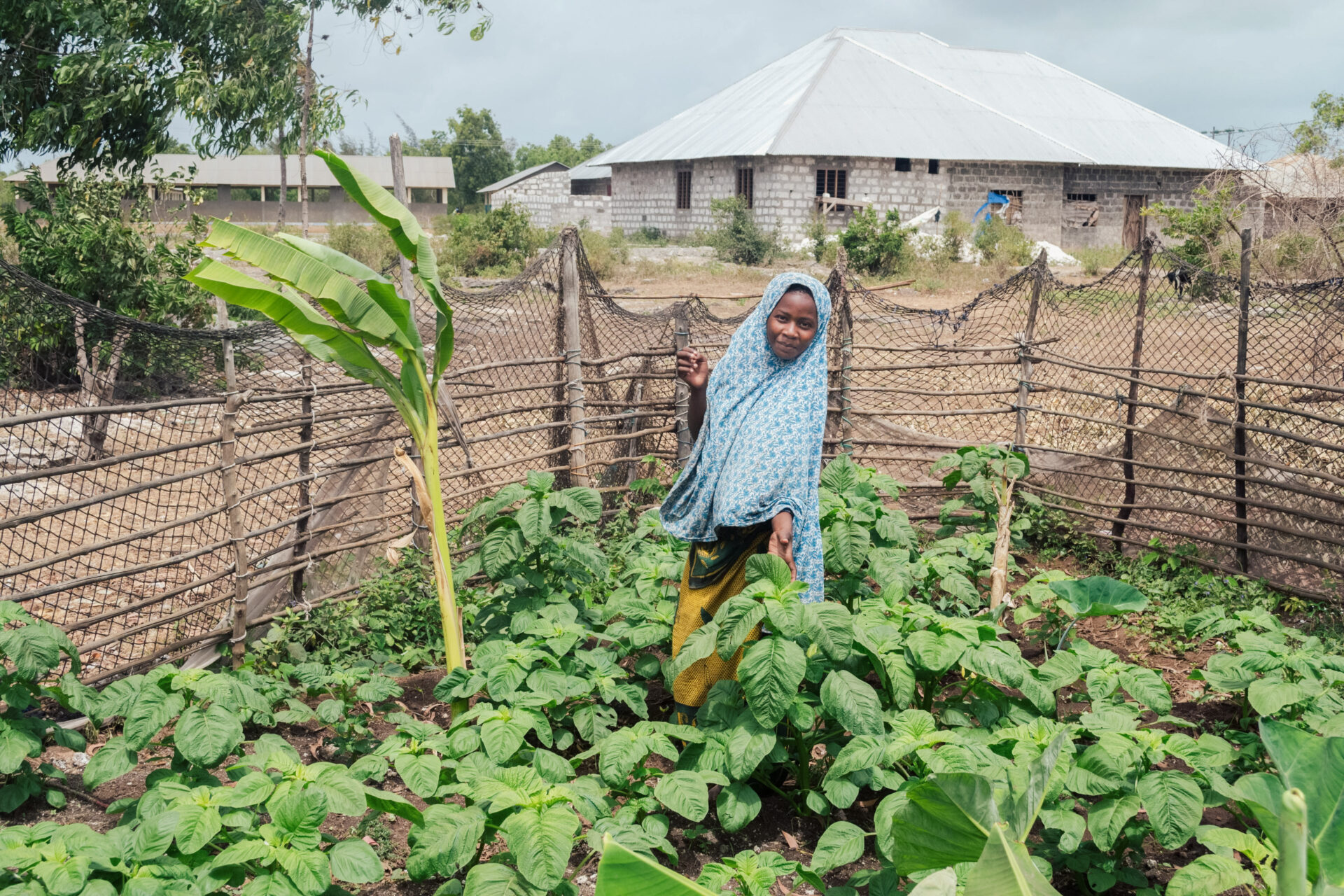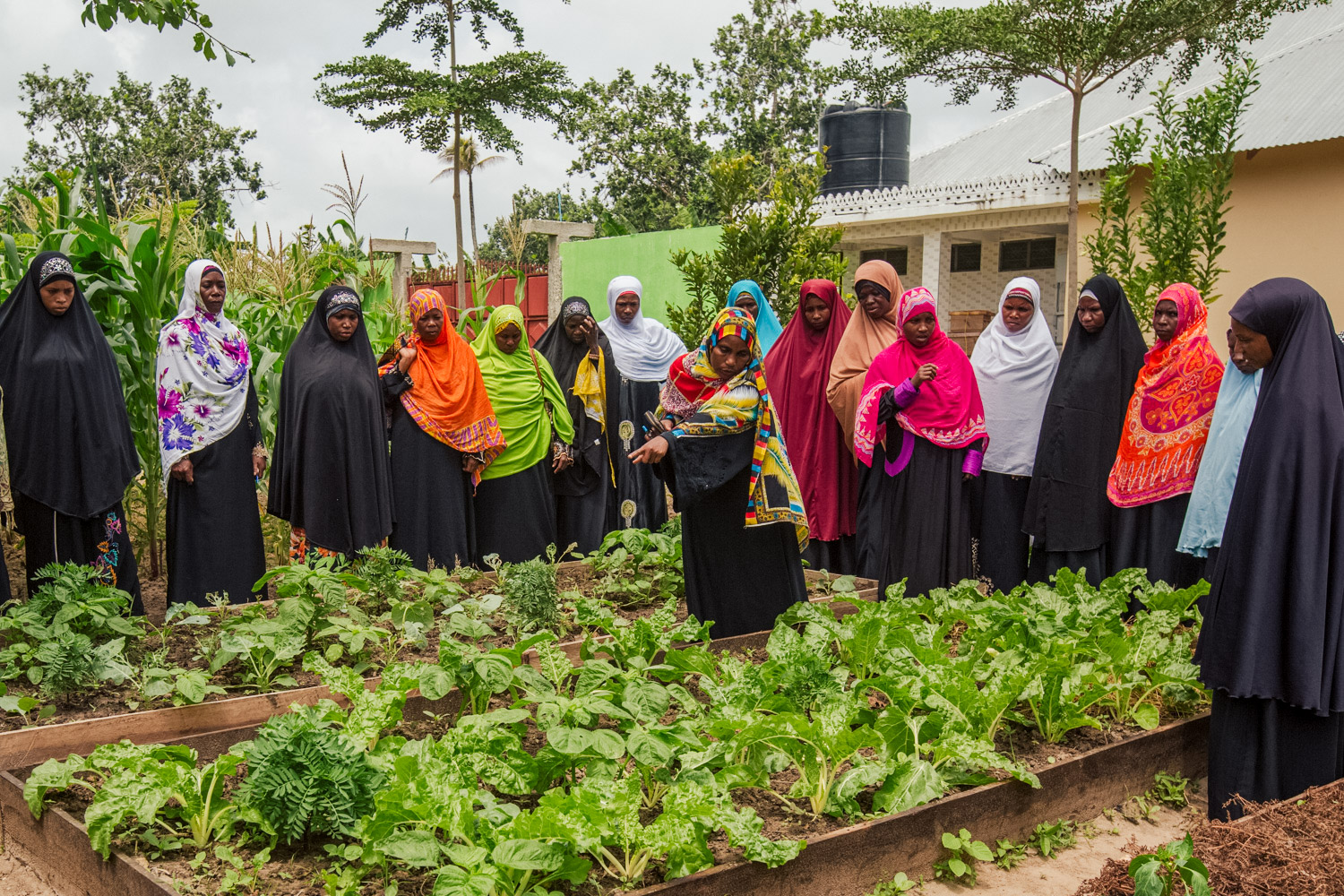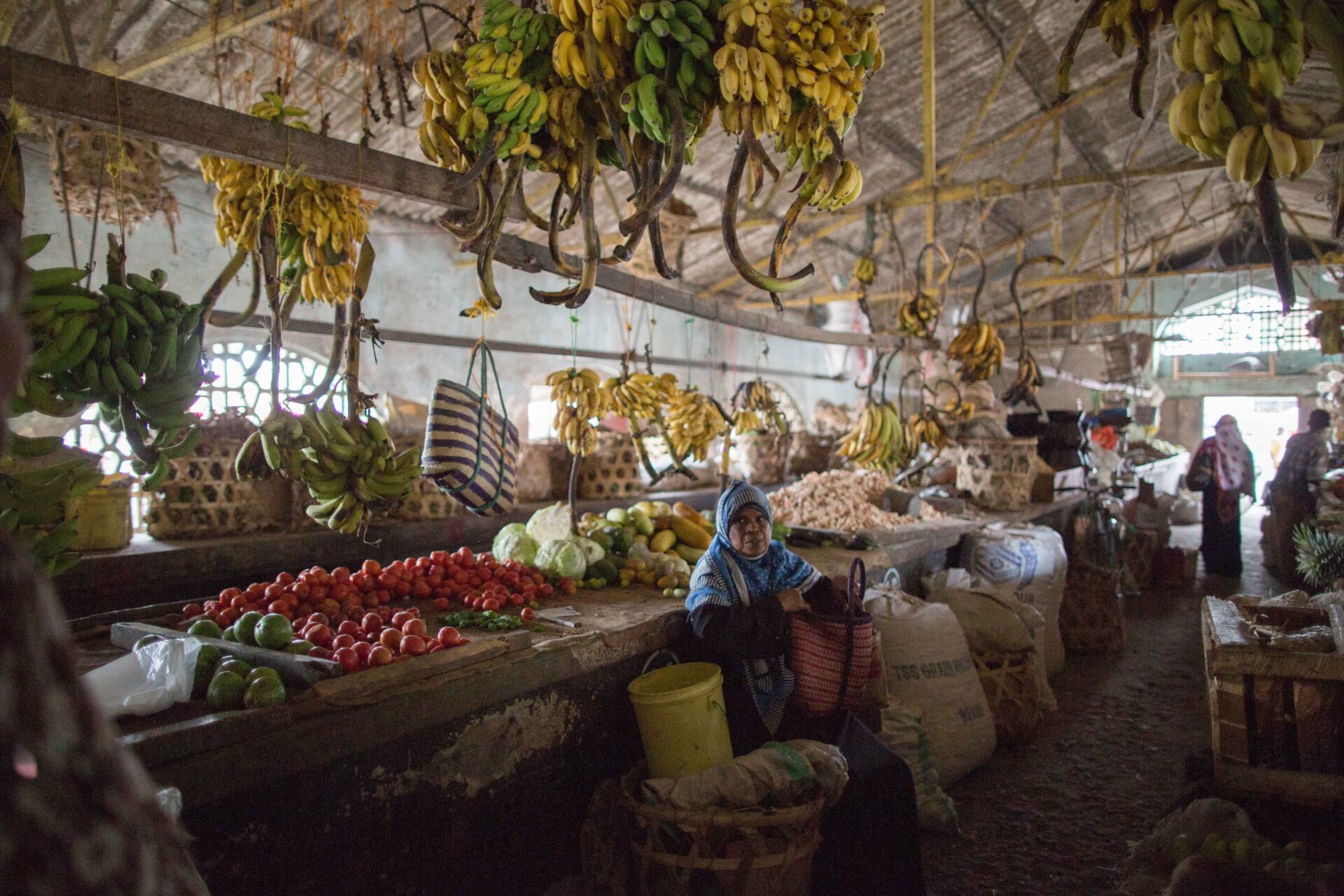Subscribe To Your Favourite Forests
Stories from the Wabanaki forest of the Maritimes, the Spice Forests of Zanzibar, and the mangrove forests of Mozambique.
Sign Me UpStories from the Wabanaki forest of the Maritimes, the Spice Forests of Zanzibar, and the mangrove forests of Mozambique.
Sign Me UpBeyond growing food in their agroforestry systems, communities in Zanzibar are now producing food directly outside of their homes. These intensive kitchen gardens provide families with an immediate source of nutritious crops such as eggplants, peppers, tomatoes, cucumbers and amaranth. Women farmers have built more than 200 kitchen gardens across Pemba Island, growing a wide variety of fruits and vegetables to feed their families and sell at the market.

Malnutrition and food insecurity are pervasive issues in Zanzibar. In addition to the inability to afford food, a lack of access to nutrient rich foods further exacerbates these problems. The diversity of food crops in these kitchen and market gardens offers improved availability and accessibility of nutritious crops both for personal consumption and for sale.

Small-scale farmers who successfully improve production face persistent challenges to converting increased yields into income improvements, and women are particularly constrained due to gendered barriers. To support women’s economic empowerment, Community Forests International provides training in financial management, business planning, and marketing.

Kitchen gardens not only increase access to healthy food—they can also increase household income. 88% of participants in our kitchen garden projects report increased income. Furthermore, 95% of beneficiaries provided with skills and technology for climate-smart horticulture reported increased yields.
Notifications